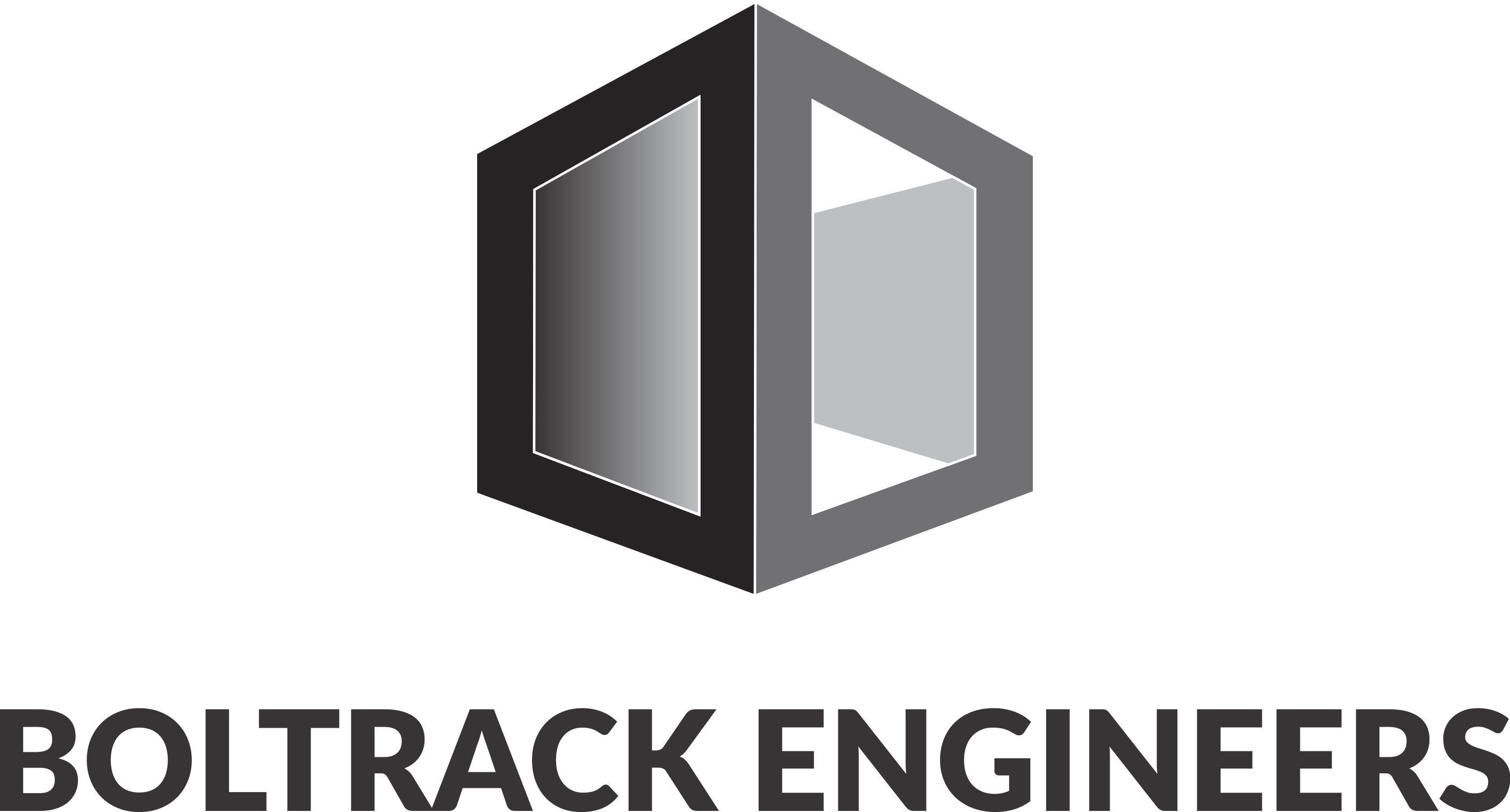
BOLTRACK SHUT OFF VALVE (MANUALLY OPERATED)
Applications and Benefits of Shut Off Valve
A shut-off valve is a crucial component in various industrial and engineering applications, designed to control the flow of liquids or gases in a pipeline. Boltrack Engineers, as of my last knowledge update in January 2022, may refer to a company specializing in valves and engineering solutions. Here are some general applications and benefits of shut-off valves in engineering and industrial contexts:
Applications:
- Oil and Gas Industry:
- Shut-off valves are used in oil and gas pipelines to control the flow of crude oil, natural gas, and other hydrocarbons.
- Water Treatment Plants:
- In water treatment facilities, shut-off valves are employed to control the flow of water, regulate pressure, and isolate different sections of the water distribution system.
- Chemical Processing Plants:
- Shut-off valves play a critical role in chemical processing to regulate the flow of various chemicals and ensure safety during maintenance or emergencies.
- Power Generation:
- Shut-off valves are used in power plants to control the flow of steam, water, or other fluids in boilers and turbines.
- HVAC Systems:
- Heating, ventilation, and air conditioning (HVAC) systems utilize shut-off valves to regulate the flow of refrigerants, water, or other fluids to control temperature.
- Fire Protection Systems:
- Shut-off valves are integrated into fire protection systems to control the flow of water or fire-suppressing agents in case of a fire emergency.
- Petrochemical Industry:
- Shut-off valves are crucial in petrochemical plants to control the flow of various chemicals and prevent leaks or spills.
- Manufacturing Processes:
- Various manufacturing processes require shut-off valves to control the flow of fluids used in production.
Benefits:
- Flow Control:
- Shut-off valves provide precise control over the flow of liquids or gases, allowing for efficient and effective operation.
- Isolation:
- These valves can isolate sections of a pipeline for maintenance, repairs, or in case of emergencies, preventing the entire system from shutting down.
- Safety:
- Shut-off valves enhance safety by allowing quick response to emergencies, such as leaks or equipment malfunctions, minimizing potential hazards.
- Reliability:
- Well-designed shut-off valves contribute to the reliability of a system, ensuring that processes run smoothly and without disruptions.
- Regulation of Pressure:
- Shut-off valves are often used to regulate and control system pressure, preventing equipment damage and ensuring optimal performance.
- Emergency Shutdown:
- In critical situations, shut-off valves can be used for emergency shutdown procedures, preventing the release of hazardous substances and protecting personnel and equipment.
- Maintenance and Repairs:
- Shut-off valves facilitate easier maintenance and repairs by allowing specific sections of a system to be isolated without affecting the entire operation.
- Energy Efficiency:
- By controlling the flow of fluids, shut-off valves contribute to energy efficiency in various processes, minimizing waste and optimizing resource utilization.
